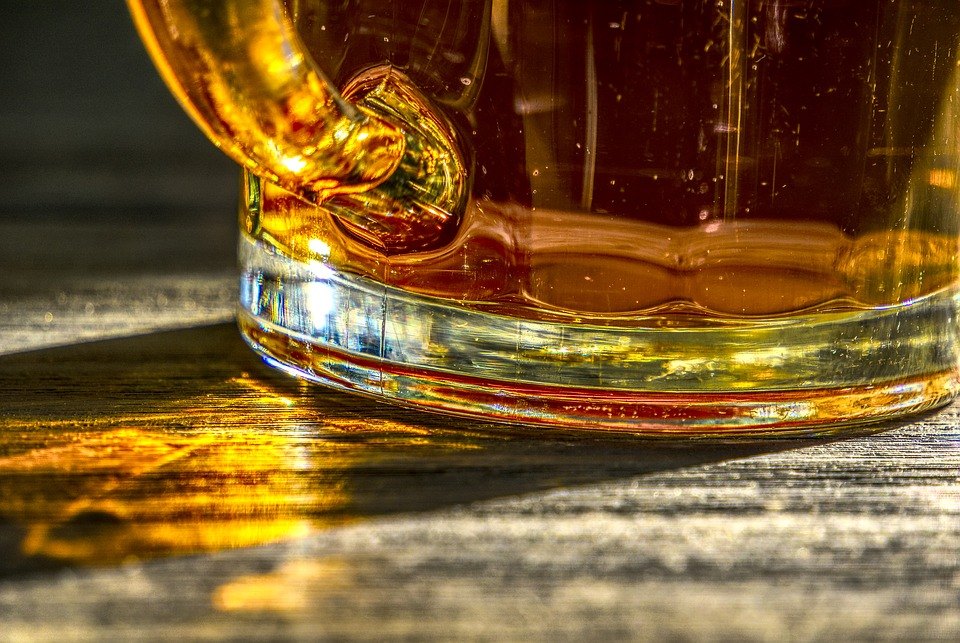Addiction is among society’s major problems. It can ruin a person’s life as well as the people around them. Many factors contribute to a person’s addiction, one of which relates to family history and genetics. All of us are genetically predisposed to addiction, more so if we tend to find pleasure in doing a certain thing over and over again. However, not all people suffer the same effects of addiction as others. For example, some may develop addiction immediately, while others don’t until much later in life.
How Family History Can Affect Addiction
Still, there is no denying that family history can indeed influence addiction. After all, our family is whom we most likely spend time with. In fact, numerous studies reveal that children who grow up with parents or relatives who struggle with addiction, have a higher risk of experiencing the same in the future. According to researchers, a person is more likely to develop an addiction if he or she grew up in a dysfunctional family with frequent conflicts and violence; has a parent or a relative suffering from depression or mental illness; or a family member who has an alcohol or drug addiction.
One study involved identical and fraternal twins. According to the findings, an identical twin has a higher chance of being addicted if the other twin was addicted to alcohol. On the other hand, a fraternal twin was less at risk even when the other twin was addicted to alcohol. Moreover, a 1985 study found that males are more prone to alcoholism, and that sons with alcoholic fathers are four times more at risk of becoming alcoholics themselves.
Can Genes Trigger Addiction?
Our health is generally dictated by our genes. Also, there are genetic diseases that are more prevalent in certain races or group of people.
On the other hand, certain health issues can also be triggered by environmental factors aside from genetics. For example, some people are predisposed to having diabetes especially if it runs in the family. The chances of acquiring cardiovascular diseases are also higher if it runs in the family. However, it can increase risk if you do not take note of what you eat, your weight, lifestyle and overall health.
As mentioned earlier, we all have a genetic predisposition to addiction. According to the American Psychological Association, there is a 50 percent chance that a person’s risk of addiction will be based on genetics. It is also said that if you have poor coping skills, the more you are prone to addiction.
Scientists are researching and looking for genes that differentiate people who are more prone and less prone to addiction. For example, some people may experience a hard and lifelong struggle to quit smoking, alcoholism, or drug use, or even suffer extreme withdrawal symptoms in an attempt to quit their addiction.
Likewise, genes may also affect a person’s vulnerability to addiction. For example, a person may feel better when they drink a certain alcoholic drink, while some may feel nauseous with just a few sips. Basically, it’s how a person’s body reacts to a certain food or chemical that can make them susceptible to addiction.
Still, many experts believe that a person will not be destined to become an addict just because of his or her genetic makeup. The environment where he or she lives in can still contribute to his or her addiction tendencies. As well as social interactions, abrupt life changes or negative experiences, and so on.
The mechanism that controls gene expression is called methylation. If your methylation is at it’s optimal you may be able to turn those unwanted genes off. For that you need to have enough folate which is the main fuel for methylation. An excellent well balanced formula with methylated folate is the best option. You also need to know if you have a mutation on the MTHFR gene to take the correct dosage.
Overcoming Addiction and Sharing the Experience
Taking a family history is part of every health assessment. This is the same during check-ups and entry to rehabilitation facilities. This will help health care practitioners to identify possible reasons or connections to the condition. However, discussing family issues can be hard and sensitive for some people.
For those individuals who have experienced addiction, it is important to discuss this past history not only with doctors but with their family and loved ones as well. Overcoming addiction and coping with its effects should be shared as it can also aid in the overall healing process. As it relates to genes and their potential impact, letting children of addicted or previously addicted parents know the history can help them avoid similar results.
Avoiding Addiction
In summary, genetics can play a role in addiction, although it is not the sole culprit for such. For one, family background and other environmental factors also contribute to a person’s addiction. Additionally, if a person has a 50 percent risk of having an addiction, this means the risk is 50 percent avoidable.
In fact, many people who came from a dysfunctional family background are able to get past addiction – even avoid it altogether – and live happy lives.
If you are among those prone to addiction due to these reasons, you too can overcome the risk.
Here are some tips you should follow:
- Avoid drugs, alcohol, or smoking especially at a young age.
- Avoid people who can influence you to smoke/drink/use drugs heavily.
- Be mindful of your psychological health at all times.
For those with existing drug and alcohol abuse issues, it is best to seek treatment as early as possible. This increases the chance of faster recovery and fewer side effects. There are many rehabilitation facilities and programs such as luxury drug treatment centers, in-patient rehab, and out-patient care to choose from.



